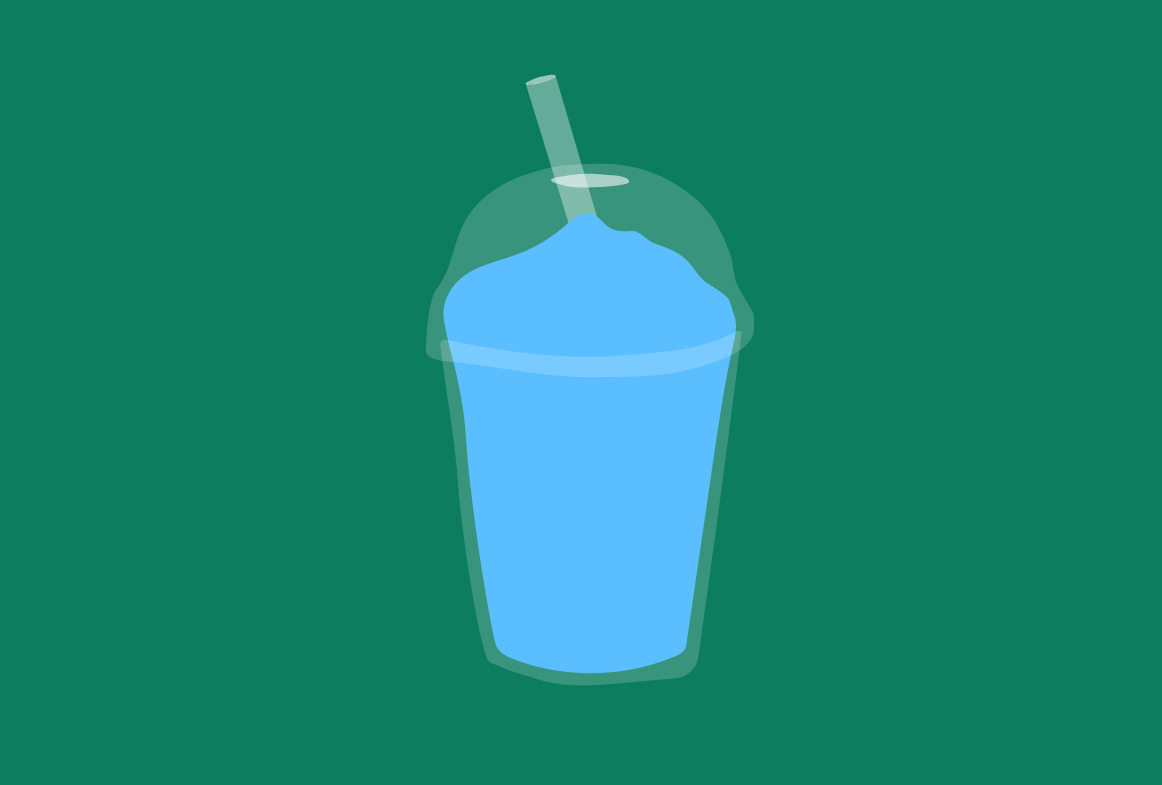Inside this article
As a parent, you will almost certainly encounter slushy drinks or remember them from your own childhood. These seemingly harmless drinks may seem like a fun or cool option for hot days, but they come with hidden dangers all parents should be aware of, especially for kids under 8.
In this blog, you’ll find out;
- What slushy drinks are and what they contain
- Why are slushy drinks potentially harmful to children?
- Current advice around slushy drink consumption in children
What are slushy drinks?
Slushies are a type of drink made from flavoured ice – often brightly coloured and very appetising for young children! They typically contain crushed ice, sugar, flavourings and additives. One of these additives is an ingredient called Glycerol. This helps make food and drinks sweet, often replacing sugar, and contributes to the drink’s ‘slush’ effect or texture. In low amounts, glycerol is generally safe to consume. But here’s where the problem arises: if a child drinks too much glycerol, it can have very worrisome side effects and potentially cause them significant harm.
Why are slushy drinks potentially harmful to children?
In short, it all comes down to one ingredient: glycerol. The amount of glycerol in slushy drinks can pose dangers for young children. The risks are associated with the quantity they might consume in one sitting and their small body size (in terms of weight and circulating blood volume). A small amount of glycerol may be safe for an adult, but this dose can harm children. When a child ingests too much glycerol relative to their size, it can lead to a condition known as glycerol intoxication. Mild symptoms of this include:
- Headaches
- Nausea
- Tummy cramps
- Diarrhoea
In more severe cases, excessive consumption can lead to low blood sugar (hypoglycaemia), loss of consciousness, and even collapse, all of which require urgent medical attention. There have been multiple cases of glycerol intoxication requiring hospitalisation in the UK which have been reported in the last two years.
Current advice around slushy drink consumption in children
The Food Standards Agency strongly advises against slushy drinks for children under the age of 4. However, new research suggests that experts recommend that children under 8 avoid these drinks altogether.
So, what’s the bottom line? Steer clear of slushy drinks if your child is under 8, and even consider whether they are worth the risk at all. The potential health consequences simply aren’t worth it.









